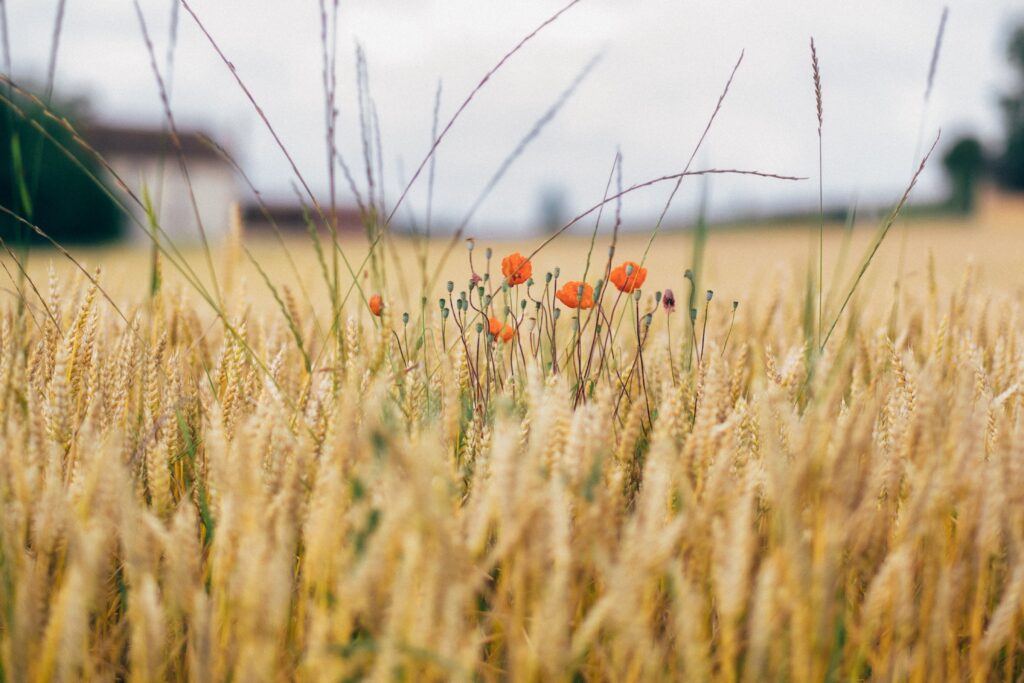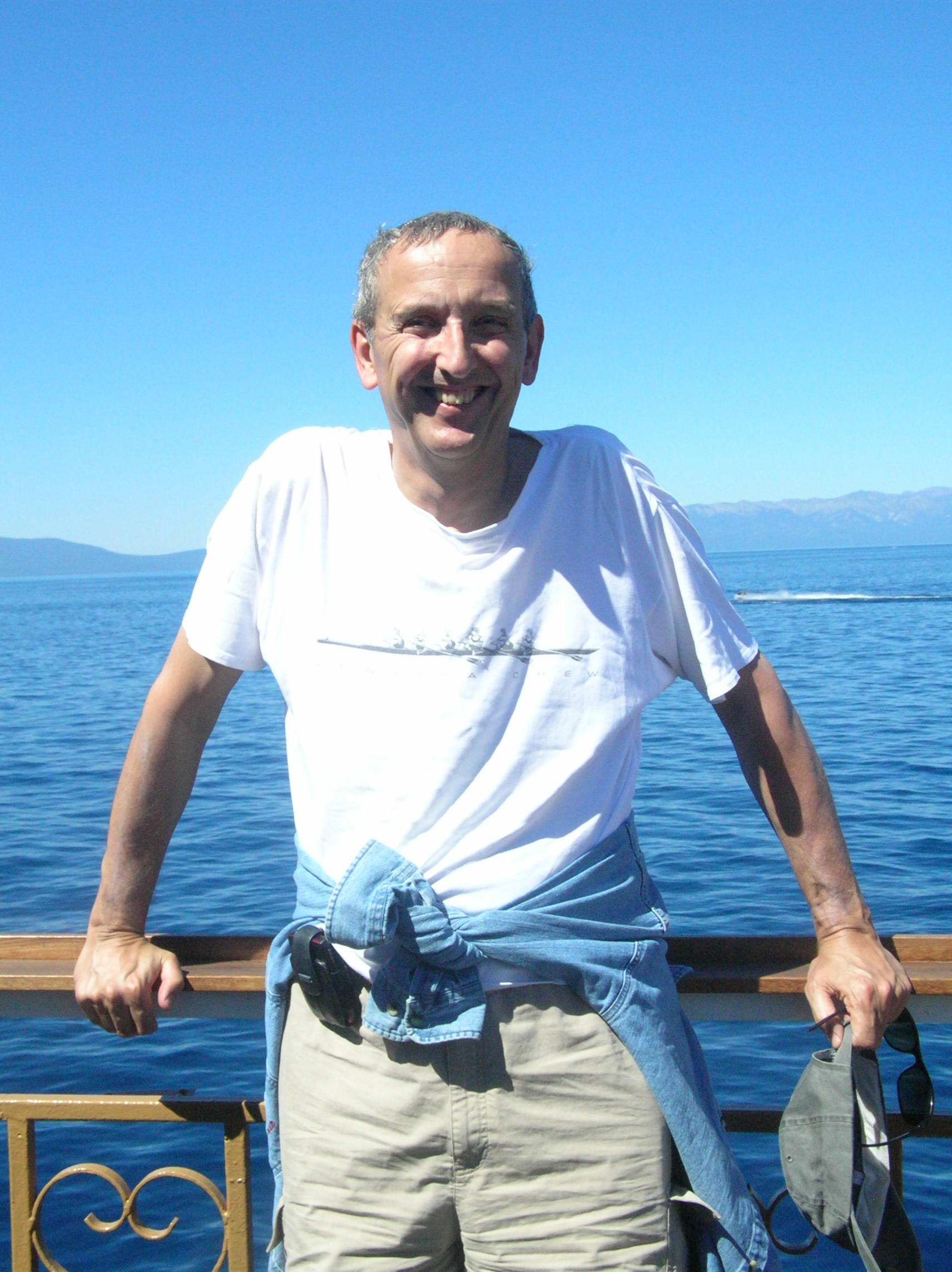
This Sunday (Seventh Sunday after Pentecost) we hear the Parable of the good seeds, the wheat, being choked by the weeds. The pericope skips verse 31-35. There are two more parables, that of the yeast and that of the mustard seed, in that section. Matthew also adds a comment that Jesus taught in parables.
What we have here is similar to last week’s pericope. Last week’s Gospel passage was about the random sowing of seeds, where they landed and the consequent success in growing. This one talks about the “someone” who sows good sed specifically in a field, presumably plowed and prepared for the sowing. And the weeds do not come naturally. An enemy sows weeds among the the wheat. What are the consequences?
I grew up on a farm. We had two fields that we plowed, fertilized (with chicken manure…a powerful stinky soil enhancer) and sowed with alfalfa seeds. The weeds came by themselves. But alfalfa is a hardy plant and survived the attack. And we had no enemies other than nature who planted the weeds. I do remember one crop in which the weeds won. We ended up using the final product as mulch. But usually there was more alfalfa than weed so that the cows had good food for the winter.
Jesus explains that the enemy is the devil. But neither the seeds of wheat nor the seeds of weeds have a choice in terms of their growth. They are planted, grow and are harvested together. In the end the parable says, that it is the causes of sin and all evil doers who will be thrown into the furnace of fire. The enemy, the evil doers, are the ones who are cast into the furnace.
What happens to the weeds? According to Jesus’ explanation, they are “the children of the evil one.” They too are “burned up with fire.” This makes sense in the Israelites’ ethics, where the evil of the son inherits the sins of the father. But it doesn’t seem to make sense with Jesus’ message of an ALL loving Father.
How does this make sense? In the great battle between God and the Devil, between good and evil, are the weeds, the “children of the evil one” collateral damage? No, there seems to be some intentionality in their punishment, just for being “born” as weeds. Maybe the key is in the phrase, “while everybody is asleep.” If we are asleep, if we ignore the power of evil, then we and those around us suffer consequences. This is the only time in the parable or the explanation that we are told that the enemy is able to come because there was no one on watch. Everybody, that must include the sower, his entire household and his slaves, the gathers, are asleep. But the parable does not hold them responsible for giving the enemy the opportunity to sow weeds while they were sleeping.
There are several parables about those who fall asleep and suffer the consequences. One that comes to mind is of the bridesmaids who fall asleep while waiting for the groom to come. He goes right past them and they are not able to go to the wedding feast.
Perhaps the hidden message in this parable is that we must be vigilant. There is a great deal of temptation. We can and do fall asleep. Falling asleep may not even be intentional. It just happens. Does the all forgiving God, the God of the Good News that Jesus proclaims, understand our lack of diligence? I think so. But there are consequences and some of those can be more serious than we’ll ever know.

